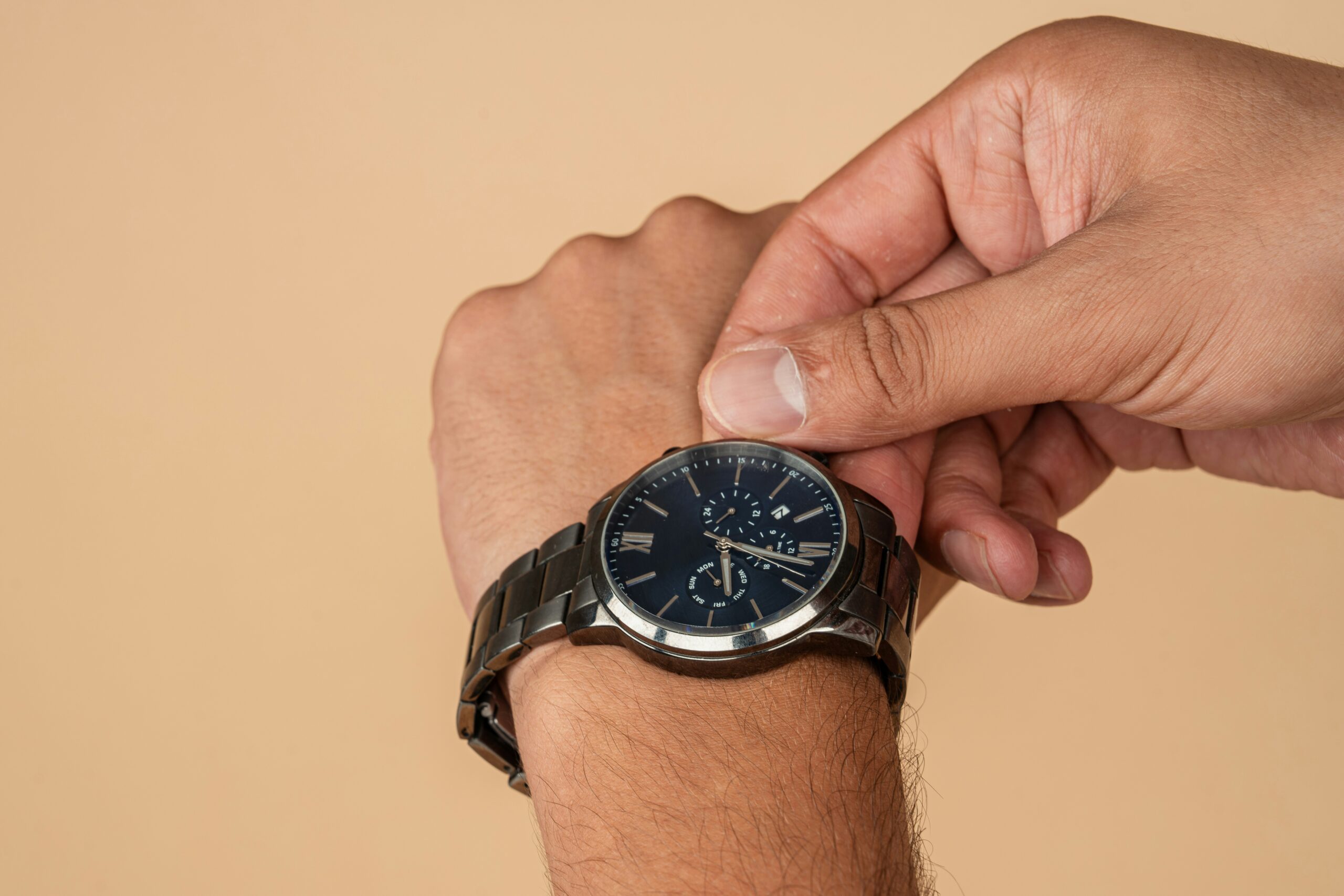
Watchmaking, an art that has evolved for centuries, continues to make strides as technology advances. The world of horology is no longer confined to traditional mechanical designs. In the future, materials, technology, and design innovations will redefine what watches can do. These advancements will bring watches closer to becoming multifunctional devices that are not just timekeepers but essential tools for daily life.
The Rise of Smartwatches and Hybrid Timepieces
The advent of smartwatches has undoubtedly transformed the watchmaking industry. Initially seen as a novelty, smartwatches have become essential gadgets for many people. With capabilities like fitness tracking, notifications, and even health monitoring, these watches challenge the notion that watches are solely for telling time. In the coming years, integrating more advanced sensors, artificial intelligence (AI), and machine learning algorithms will enhance the functionality of smartwatches, making them even more indispensable.
While smartwatches continue to evolve, hybrid timepieces, which combine traditional analog designs with digital functionality, are also gaining popularity. These watches feature the charm of mechanical or quartz movements and the convenience of a digital interface. As technology improves, future hybrid models may offer even more sophisticated features, such as energy-harvesting systems, further blurring the lines between traditional watchmaking and modern technology.
Innovations in Materials and Durability
Another key area of development in watchmaking is the innovation of materials. High-end watches have always been associated with luxurious materials like gold, platinum, and stainless steel. However, the future of watchmaking will see the use of advanced materials that offer superior durability and are more sustainable. Ceramics, for example, are already being used in some watch cases due to their resistance to scratches and lightweight nature. We might see the widespread use of advanced composites, like carbon fiber and graphene, which offer even greater strength-to-weight ratios and corrosion resistance.
Additionally, using sustainable and eco-friendly materials is becoming a growing trend in the industry. Consumers are increasingly looking for watches that reflect their commitment to sustainability. This has prompted brands to explore materials such as recycled metals, biodegradable components, and environmentally friendly manufacturing processes. As more watchmakers embrace these innovations, we will likely see a shift toward greener practices in the industry, making it more in tune with the global focus on sustainability.
The Integration of Artificial Intelligence
Artificial intelligence (AI) is poised to impact the future of watchmaking significantly. AI’s ability to learn from data and make intelligent decisions is already being integrated into various industries, and horology is no exception. One of the most exciting possibilities is the creation of AI-driven watches that can offer highly personalized experiences. For example, AI could help optimize a smartwatch’s features based on an individual’s habits, preferences, and lifestyle.
In the future, AI could also revolutionize the watchmaking process itself. Watches might become more intuitive and adjust their settings automatically based on environmental factors or user preferences. Watchmakers could also leverage AI to improve the design and craftsmanship of their timepieces, utilizing machine learning algorithms to create more efficient manufacturing techniques or predict trends before they become mainstream.
The Revival of Mechanical Movements
Mechanical watchmaking remains a respected and revered craft despite the rapid rise of digital and innovative technology. The watch industry is increasingly inclined to preserve traditional mechanical movements while embracing modern technologies. Many collectors and enthusiasts continue to appreciate the artistry and precision in creating intricate mechanical timepieces. The future of mechanical watches lies in their ability to adapt and innovate while staying true to their roots.
One emerging trend is developing hybrid mechanical movements incorporating digital elements. For example, some luxury brands have begun combining traditional watch mechanics with innovative features like connectivity and health monitoring. These hybrid movements will allow mechanical watches to stay relevant in the digital age without sacrificing the craftsmanship and heritage that define them.
The Influence of Customization and Personalization
Watchmakers increasingly offer customization and personalization options as consumers demand more individuality in their purchases. The rise of digital platforms has made it easier for customers to design and create their bespoke timepieces. From selecting case materials and dials to customizing straps and engravings, the possibilities for personalization are expanding. The future of watchmaking will likely emphasize customization, with advanced technologies enabling customers to create truly unique designs.
In addition to physical customization, digital features like watch faces and interfaces are also becoming more adaptable. Smartwatches already offer users a variety of watch faces, but future designs may allow for even greater customization, such as the ability to create dynamic, interactive displays. Watchmakers will continue to embrace this trend, enabling customers to develop watches that reflect their style and preferences.
The Impact of Sustainability on Watchmaking
Sustainability is becoming essential in many industries, and watchmaking is no exception. With increasing awareness of environmental issues, consumers demand that brands adopt more sustainable practices. The growing emphasis on eco-friendly manufacturing processes, ethical sourcing of materials, and waste reduction will shape the future of watchmaking.
Brands already leading the way in sustainability are turning to innovative materials like recycled steel, eco-friendly leather alternatives, and sustainable packaging. Solar-powered movements and energy-efficient technologies are also becoming more widespread, ensuring that watches can be functional and environmentally responsible. As the industry continues to evolve, we can expect to see even more brands embracing sustainability as a core value, ensuring that future timepieces are beautiful and functional and kind to the planet.
The future of watchmaking is an exciting blend of tradition and innovation. Technological advancements in smartwatches, materials, artificial intelligence, and sustainability are revolutionizing the industry. While the allure of mechanical craftsmanship will never fade, the integration of cutting-edge technology is expanding the possibilities of what a watch can be. As consumers demand greater personalization, sustainability, and versatility, the watchmaking industry will continue to adapt and evolve. With all these exciting developments on the horizon, it’s clear that the future of watches will be far more than just a way to tell time—it will be an expression of individuality, innovation, and sustainability.